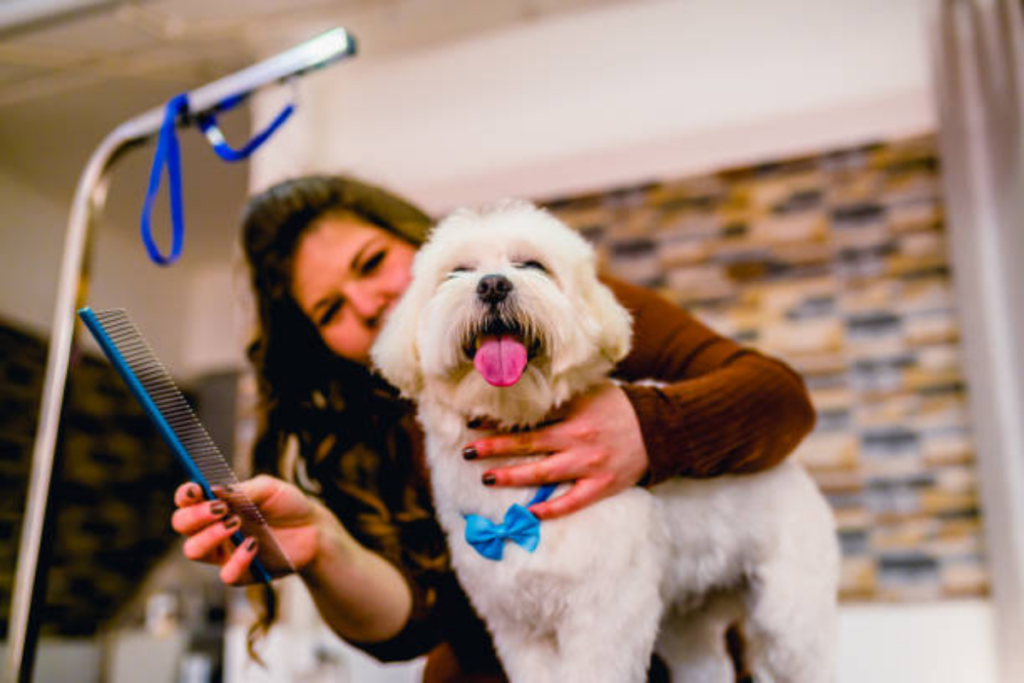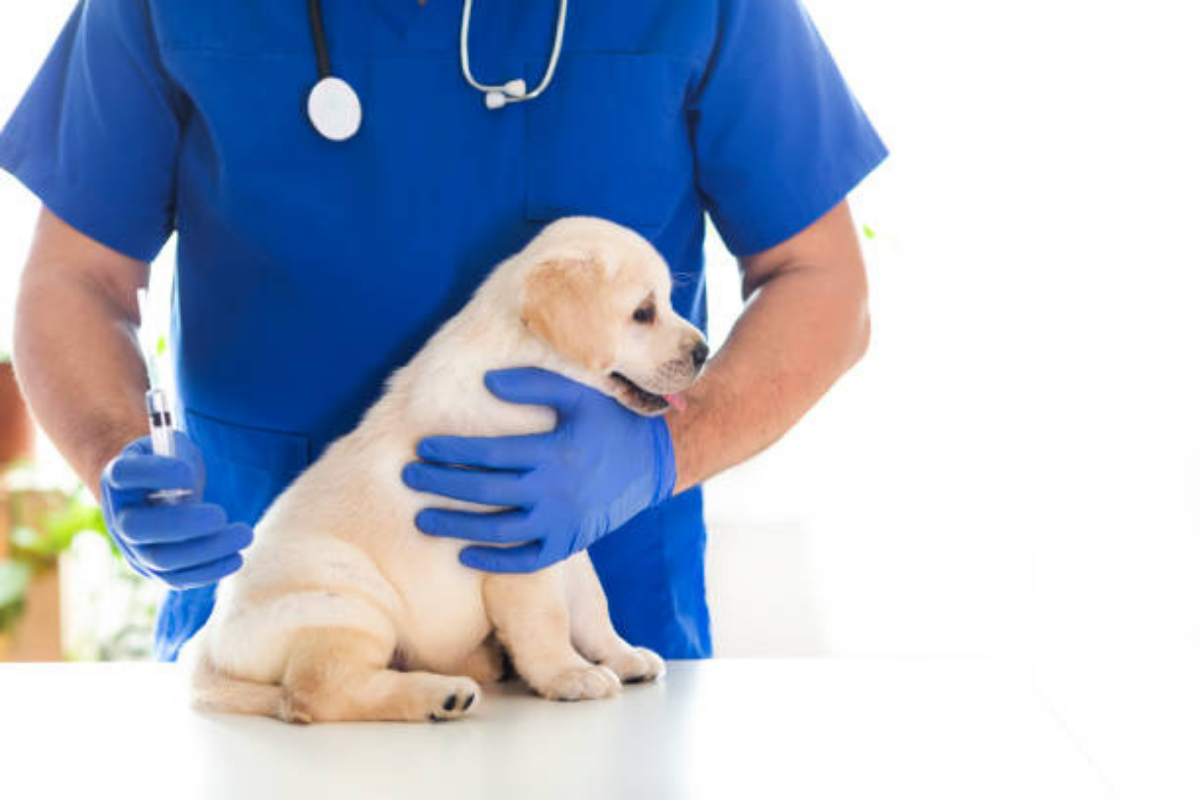A Crucial Aspect of Pet Grooming
4 min read
While we all understand the importance of vaccinating our pets to keep them healthy and avoid serious illnesses, let’s take a moment to review the basic dog and cat vaccinations and their benefits. While some vaccinations are only recommended for pets with certain risk factors, there are others that are legally required or necessary to protect your pet from serious illnesses. Vaccines protect your dog or cat from very serious illnesses, but some of them can have side effects that parents should be aware of.
If your dog, cat or ferret has bitten and is not vaccinated against rabies, you may be checked by the health department and placed in quarantine, so it is important to get vaccinated to protect your pets and others. If your dog, cat or ferret is unvaccinated and bitten by a stray or wild animal, your dog must be isolated and monitored for six months.
Your veterinarian may not recommend a Bordetella shot if you keep your dog at home and don’t have other pets. If you visit dog parks with your pet or visit a daycare where interaction with other animals is likely, you should consider getting bordetella vaccinated. If you are unsure if your pet needs a Bordetella vaccine, contact a dog grooming in Perth, a pet care centre, or other places your pet may frequent and discuss pet grooming requirements with your veterinarian.
To ensure the maximum safety of all animals in their care and the health of those caring for them, companies offering pet care services are generally required to request and keep records of dog vaccinations. Knowing that the pets you clean have up-to-date vaccination records ensure that your pet care business remains free from any risk of disease transmission between pets. Groomers are required by law to check vaccination records of dogs before grooming them to reduce the risk of disease transmission between dog and groomer and between other dogs visiting the same grooming facility. Most dog kennels, grooming centres and daycare centres require proof that your pet has been vaccinated against several diseases before most kennels will agree to take care of your pet.
Many groomers or businesses use vaccination POS systems to keep track of what vaccinations your pet needs and when they should be given, and won’t see your dog until they’re updated. As a groomer, you understand the importance of a complete vaccine series that your clients may forget, so be sure to remind them to stick to their pet’s vaccination schedule, especially with regard to booster shots. Your veterinarian may have a personalized vaccination schedule that they recommend for your dog based on what is best for their health.
 Your veterinarian can also tell you what other vaccines are important to ensure your pet has a long and healthy life. Depending on the prevalence of the disease, climate, altitude and other environmental factors, your veterinarian will recommend specific vaccinations for your pets. Keep in mind that there are several vaccines available, and depending on your pet’s lifestyle and where you live, your veterinarian may recommend any additional vaccines that will benefit your pet. Your pet’s veterinarian can determine an appropriate vaccination schedule for your pet’s needs, geographic environment, lifestyle, and potential disease exposure.
Your veterinarian can also tell you what other vaccines are important to ensure your pet has a long and healthy life. Depending on the prevalence of the disease, climate, altitude and other environmental factors, your veterinarian will recommend specific vaccinations for your pets. Keep in mind that there are several vaccines available, and depending on your pet’s lifestyle and where you live, your veterinarian may recommend any additional vaccines that will benefit your pet. Your pet’s veterinarian can determine an appropriate vaccination schedule for your pet’s needs, geographic environment, lifestyle, and potential disease exposure.
When your pets are fully vaccinated, it boosts their immune system and ensures they are protected from a number of life-threatening diseases. Vaccination prepares the immune system of pets to fight infections and other pathogens in the future. Vaccines stimulate your pet’s immune system and train it to recognize certain harmful pathogens through a no longer dangerous form of that virus or microorganism.
Vaccines contain antigens that mimic disease-causing organisms in a dog’s immune system, but do not actually cause disease. Vaccines stimulate the immune response without causing disease in the animal so that when a dog is exposed to naturally occurring viruses or bacteria, the immune system is ready and able to fight them off. While vaccinations help prevent infections for your pet, vaccinations also play an important role beyond disease prevention.
Vaccinating pets protects against infectious and fatal diseases such as rabies, canine parvovirus, canine distemper, Bordetella canis, feline leukemia, feline panleukopenia and other serious diseases. While puppy vaccinations are important to your pet’s overall health and well-being, not all puppies or dogs need to be vaccinated against all diseases. Proper vaccinations for our canine and feline family members are critical to your pet’s health.
It is important that your pet is vaccinated with all necessary vaccinations prior to enrolling in our puppy training classes. For more information on what vaccines our dogs need, call our Dog Gone Fun puppy trainers today.
Vaccinations are extremely important for the health and well-being of your pets, especially cats and dogs. Vaccinations are only part of the overall veterinary health picture for preventing certain diseases in our pets. Vaccinating your pet helps reduce the risk of human infection, especially if your family has vulnerable members such as young or old or immunosuppressed patients. There is a rabies vaccine available for people in high-risk occupations such as veterinarians and animal traps, which is administered prior to exposure to a potentially rabies-infected animal.
Whether you’ve just adopted a dog and brought it to a groomer for the first time – or you’ve tried the DIY approach and are willing to leave the job to a professional – you need to make sure your dog is vaccinated. date.





